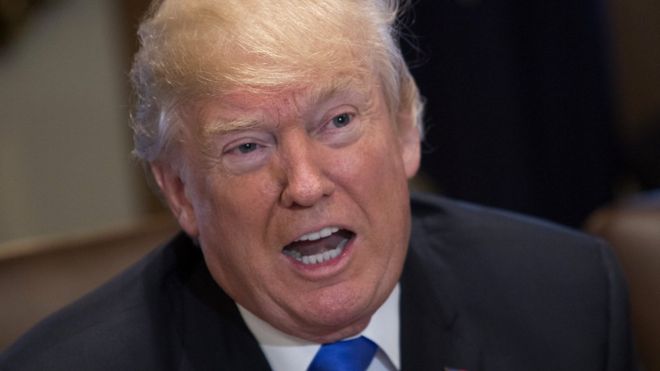According to Chinese startup Betavolt, unlike
some current batteries that can be unsafe when damaged or exposed to high
temperatures, their battery will not catch fire or explode even in response to
punctures or gunshots. A recent Independent article states that Betavolt, based
in Beijing, has successfully miniaturized atomic energy by fitting 63 nuclear
isotopes into a module smaller than a coin.
Betavolt believes that this new energy innovation
will give China a leading edge in the new round of AI technological revolution.
Their first battery can deliver 100 microwatts of power and a voltage of 3V in
a compact size of 15x15x5 cubic millimeters. By 2025, they aim to produce a
battery with 1 watt of power.
The small size of these batteries makes them ideal
for use in series, providing more power. Betavolt envisions a future where
phones never need to be charged, and drones can fly indefinitely. The battery's
layered design also ensures safety, as it can withstand sudden forces without
catching fire or exploding. Additionally, it can operate in extreme
temperatures, ranging from -60 degrees Celsius to 120 degrees Celsius.
The process behind the battery is using nickel-63,
a radioactive element, as the energy source, and diamond semiconductors as
energy converters. The team at Betavolt has successfully developed a
single-crystal structure for the diamond semiconductor, ensuring better energy
conversion efficiency. They have also improved the stability of the battery,
making it a reliable power source for various applications.
The
team has successfully created a 10-micron-thick single-crystal diamond
semiconductor and incorporated a 2-micron-thick nickel-63 sheet between two
diamond semiconductor converters. This allows for the conversion of decay
energy from a radioactive source into an electrical current. Betavolt, a
company in this field, touts the benefits of their atomic energy batteries,
such as their lightweight nature, long lifespan, and high energy density. These
batteries can operate in extreme temperatures ranging from -60 to 120 degrees
Celsius. With its modular design, multiple atomic batteries can be connected to
generate higher energy output, making them suitable for use in various
applications, including automotive technology and AI systems. However, there
are concerns about radiation associated with nuclear energy, which Betavolt
addresses by ensuring that their batteries have no external radiation and are
safe for use in medical devices like pacemakers and cochlear implants. The
company also claims that its batteries are environmentally friendly, as the
nickel-63 isotope used in the battery decays into a stable and non-radioactive
copper isotope after the decay period. The BV100 battery produced by Betavolt
is also said to be safer than traditional batteries, as it will not catch fire
or explode when punctured or exposed to high temperatures. This technology of
tiny-sized nuclear batteries, once only used in spacecraft and remote
scientific stations, is now being pursued for commercialization under China's
14th Five-Year Plan. Researchers in the US and Europe are also working on
similar developments, as stated in the Independent article.




